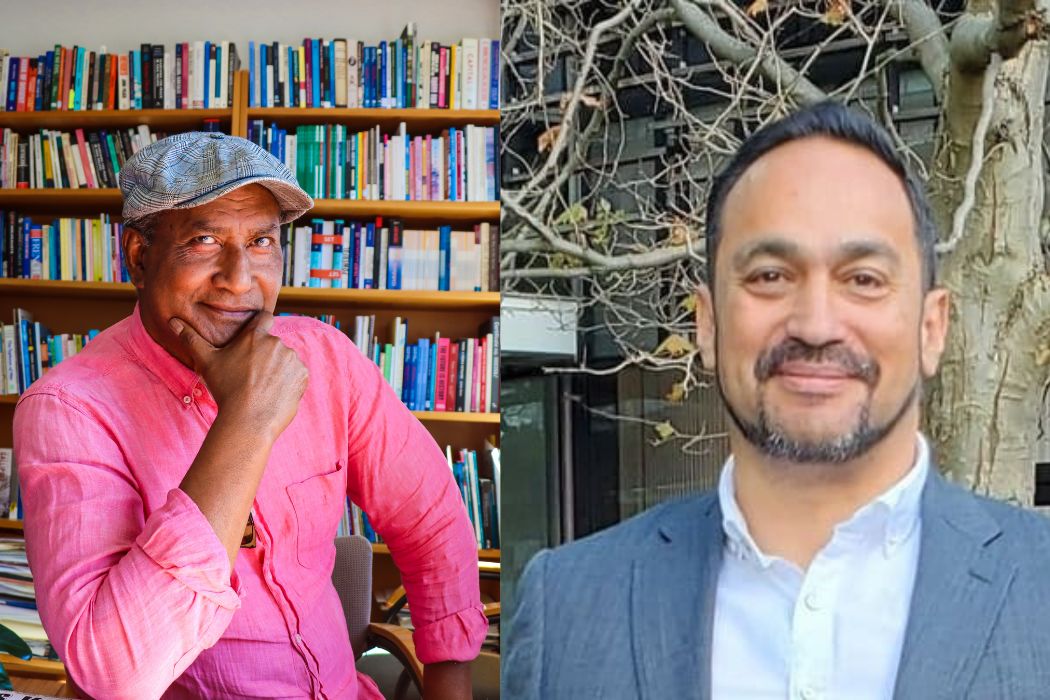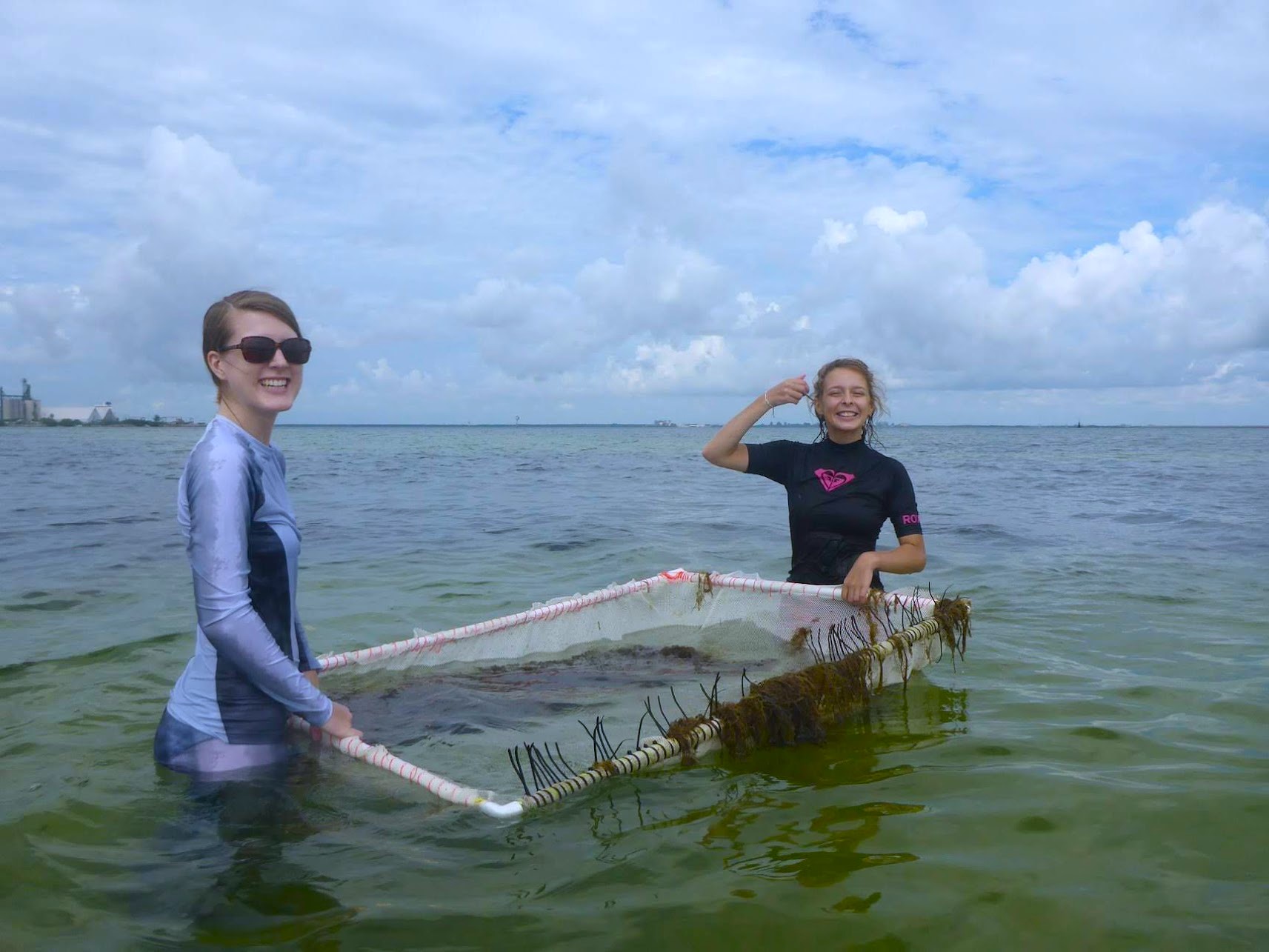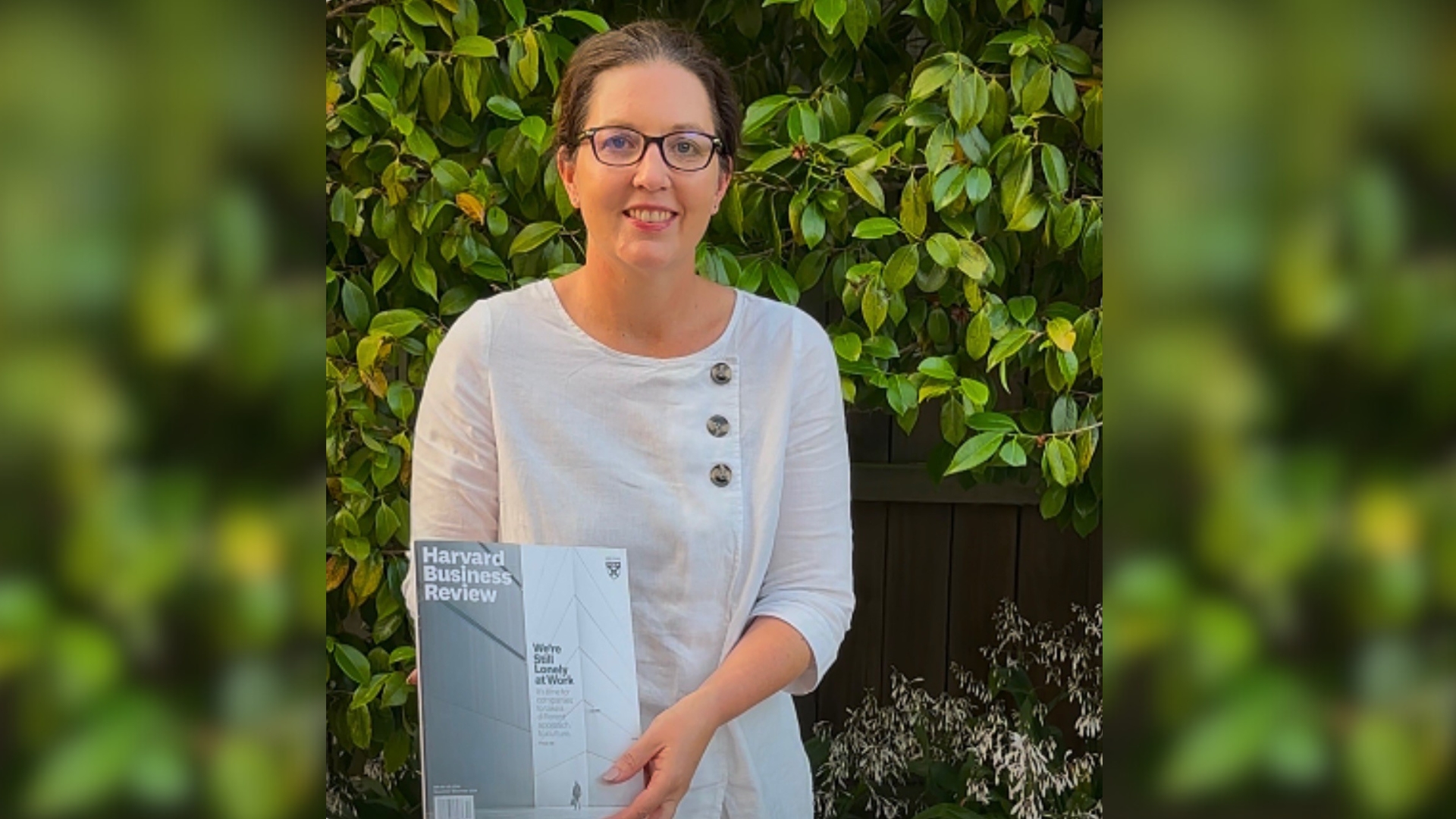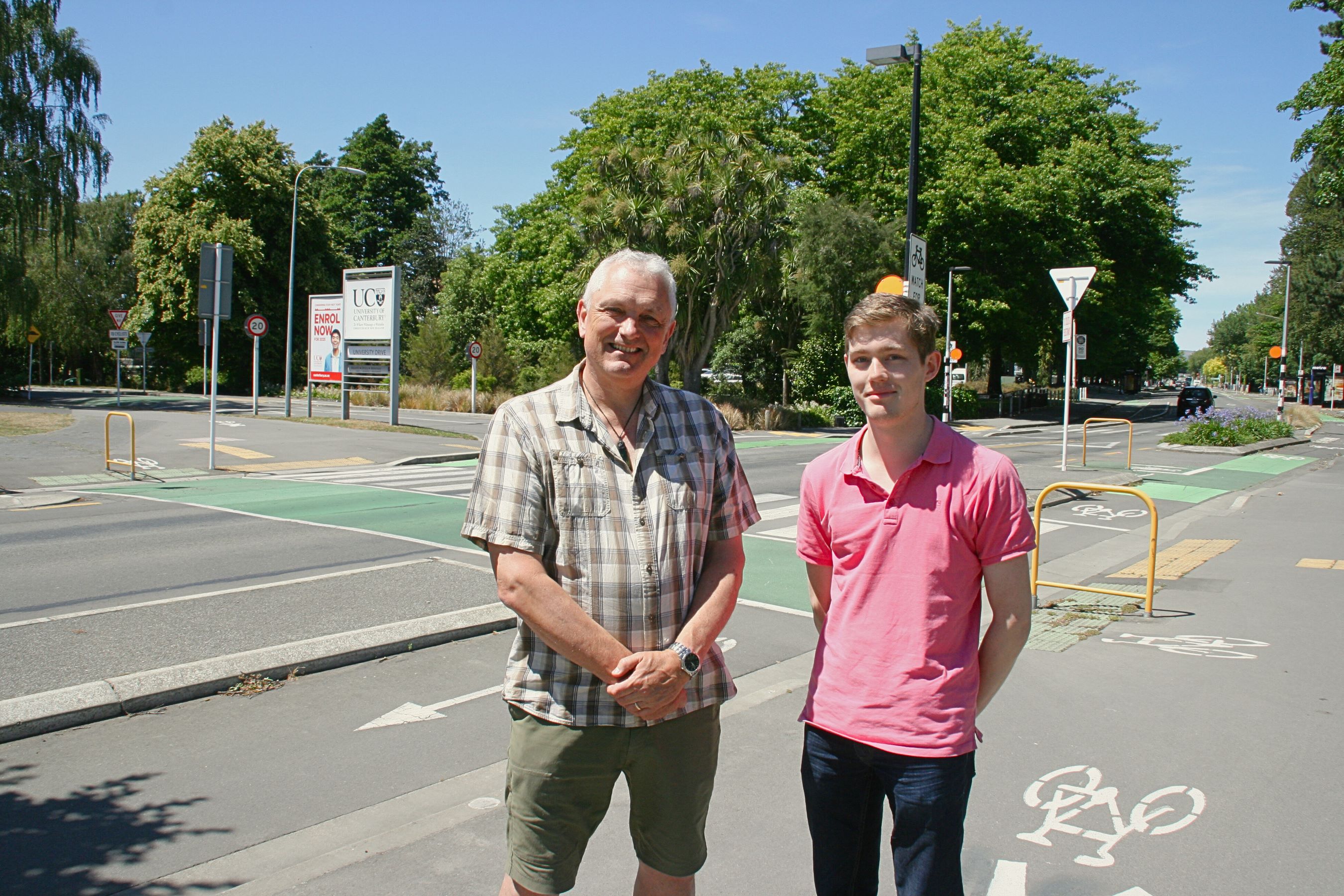The research is developing methodology and guidance for councils to assess their risk. His team, which includes experts from NIWA, Resilient Organisations, and Urban Intelligence, is working with the Christchurch City Council (CCC) as it creates its coastal hazards adaptation plan. Dr Logan believes the partnership will ensure the city’s plan is one of the strongest in the world.
Jane Morgan, CCC Team Leader of Coastal Adaptation, says, “Adapting to climate change requires innovation and partnerships, and this collaboration with the University of Canterbury has provided us with locally built tools to identify and understand the many risks to places, infrastructure and things that are important to communities.”
Dr Logan says the recent release of New Zealand’s National Adaptation Plan and findings that sea-level rise is occurring faster than anticipated make this innovation critical.
“The adaptation plan places significant responsibility on councils for it consenting decisions even though councils don’t have the power to prevent people building in flood-prone areas or, in many cases, the tools to know where those places are.
“We have to go much further than existing understanding and consider the system-wide impacts of climate hazards,” he says.
“How will these impacts cascade through our society? Current techniques consider direct risk – for example, will a house be flooded? But there are plenty of important other risks, such as: will a house be isolated from essential services for long periods of time? Or permanently? Are these houses eligible for government buyout, managed retreat or other support?”
Dr Logan says his team’s research is showing such indirect effects may occur significantly earlier than expected and may impact areas previously thought to be safe.
It’s also important to look at what are known as ‘co-benefits,’ he says.
“Apart from climate change, we need to address society’s other major challenges such as emissions, the housing crisis, and chronic health issues – all of which are heavily influenced by how we’ve built our towns and cities. We must build our cities to ensure that living sustainability, safely, healthily, and inclusively is not a daily challenge – but the obvious choice.”
“This partnership is a unique and exciting opportunity to co-develop research that immediately has impact on improving our community’s resilience and ability to prepare for the future.”










